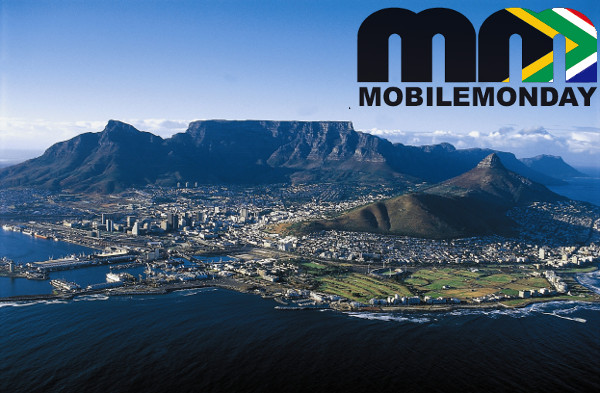Hear from Alastair Bovim, Managing Director of InmarsatSolutions South Africa. Inmarsat is exhibiting at AfricaCom.
From Cairo to Cape Town, African city dwellers have started
to enjoy the luxury of high-speed data thanks to the increase in urban fibre
and 3G networks across the continent. But for many individuals and companies,
the urge to be continually connected is like an addiction, causing intense
frustration in rural areas where network access is limited or unavailable.
Satellite communications are filling this void. Increasingly,
companies are choosing to rely on satellite networks to support employees in
remote locations, ensure the operations of critical infrastructure, and deliver
the same services at remote branches as those available in large cities.
One sector where the increase in use of satellite is
particularly remarkable is the oil and gas industry. It enables geophysicists and
geologists appraising prospects in remote locations to make decisions
quickly; allows tracking of mobile assets; and with M2M and SCADA it controls
telemetry for environmental monitoring.
Satellite also plays a vital role in emergency situations
including telemedicine. If an employee on an oil-rig is injured, a video link
with a doctor can provide treatment and stabilise the patient and decide
whether a helicopter trip to hospital is necessary.
Satellite gives oil companies full control of their
extraction and distribution infrastructure to maintain productivity and ensure
delivery. CCTV and sensor monitoring of
wellheads and pipelines can provide real-time diagnostics about faults and
emergency situations. Should an incident occur, an expert back at HQ can view
live video streamed from an on-site video camera. Centralised monitoring of remote assets and
sites also helps oil and gas companies to comply with health and safety and
insurance requirements.
Furthermore, logistics managers can monitor their vehicle
fleet and be in continuous contact with the control centre, drivers, warehouses
and customers awaiting delivery. Not only does this enhance operational
efficiency, it also provides a greater level of security for cargo and drivers.
Satellite communications can provide a boost to staff and
contractor welfare at remote sites when they are often working away from home
for extended periods of time. Pre-paid airtime cards for tablets and
smartphones, as well as handheld satellite phones, are an easy way to stay in
touch with friends and family via phone, Skype, email and social networking
sites.
Whether a business is in oil and gas, mining, construction
or aid, they are becoming dependant on having voice and data communications in
all types of locations and environments. With harsh weather conditions being a
fact of life in many parts of Africa, the reality of 99.9% connectivity with
satellite is a compelling proposition.
When other networks are congested or fail – perhaps during
heavy rain, Saharan dust storms or even earthquakes – satellite will continue
to meet our growing dependence on ‘always on’ communications.
------------------------------------------------------------------------------------------------------------
About Inmarsat
Inmarsat is the world’s leading provider of global mobile
satellite communications services. It offers an unrivalled portfolio of
broadband, M2M, voice and value-added services, connecting you wherever you
are.
Inmarsat was formed in 1979 to provide safety and other
communication services to the maritime community. Today the company serves a
wide range of enterprise and government customers on land, at sea and in the
air.
Inmarsat’s offers 99.9% satellite and ground network
availability, which is why our services are depended upon and trusted
worldwide.
And with its forthcoming higher L-band streaming rate
launching next year, closely followed by the introduction of Global Xpress®, a
game-changer which will deliver global voice and unparalleled performance and
speeds of up to 50Mbps, Inmarsat will further enhance its stance as a
market-leader.
Visit our website at www.inmarsat.com
Inmarsat is a proud exhibitor of AfricaCom. Come and visit
us at stand E17e.





